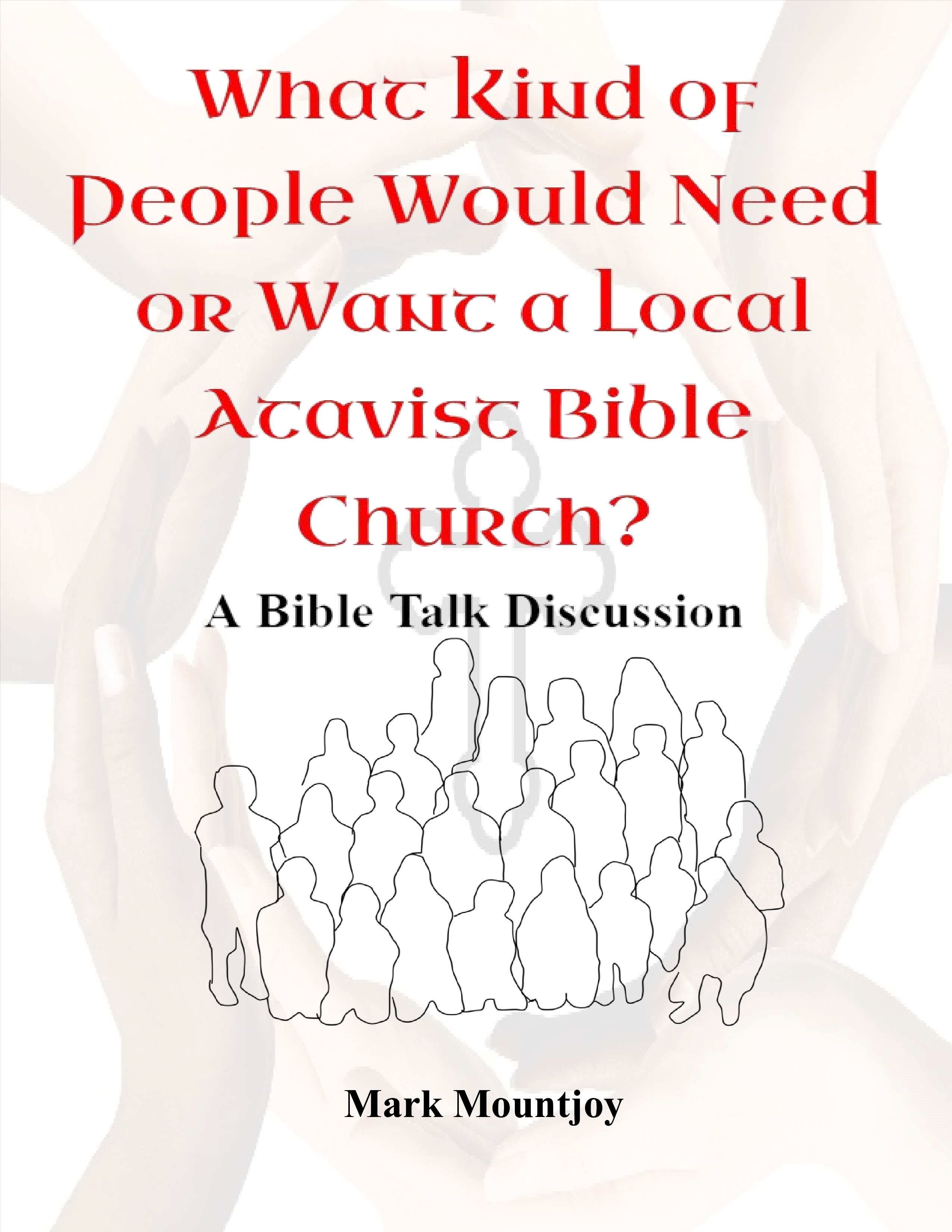[Click the image to review]
Description:
The idea espoused in the Atavist paradigm is not only world’s apart from the conventional Four Views, it also differs radically from that of Full and Partial Preterism.
- It considers the Hasmonean background of the New Testament (shins of iron, 163 to 37 BC).
- It considers the Herodian background of the New Testament (feet of iron and clay, 37 BC to AD 66).
- It recognizes the end of the Second Jewish Commonwealth to be the ‘Last Days’ of New Testament concern (toes of iron and clay, AD 66-70).
- It considers the aftermath of the Destruction of Jerusalem to be the period of pulverization before the Great Wind (AD 70 to 132).
- It understands the scattering of the “power of the holy people” to be the downfall of the Hebrew State under Simon Bar Kokhba in AD 132-136.
- It sees the great mountain that fills all the earth to be Christianity itself (the Christian world)—from AD 136 forward it is a permanent rather than temporary entity on the earth both now and forever, throughout all generations, world without end (Eph. 3:21). There was no ‘delay of the Parousia’ and all things happened in accordance with the herald repeated from Matthew to Revelation and was shown to be true and vindicated by the disappearance of the Aaronic theocracy in an eschaton that began in AD 63 and ended in AD 136.
What kind of people, then, would need or want a local Atavist Bible church? This two-way Bible talk discussion endeavors to answer that question and do so while giving the reader a glimpse of the central concerns, the interests, and values and experiences of individuals who would likely be attracted to a paradigm and viewpoint that maintains:
- The New Testament is only valid if Jesus’ central apocalyptic promises came to fruition within the setting circumscribed and set forth by the Scriptures—and not otherwise. The advantage of this conviction is validated and buttressed by historical facts:
- Extraordinary aerial events were witnessed in AD 63 (Wars 6.5.3:290-308) and 66 (Tacitus, History, 5:13) demonstrating that the Lord’s words about this Visitation were literal and not metaphorical or symbolical.
The discussion is free to read. Click on the thumbnail image.
________________________________________________________________________________________________________________________
AUTUMN TITLES FOR 2024 by TRUE CHRISTIAN PRESS!
Fresh commentaries and easy reference guides for Bible study, research and discussions!
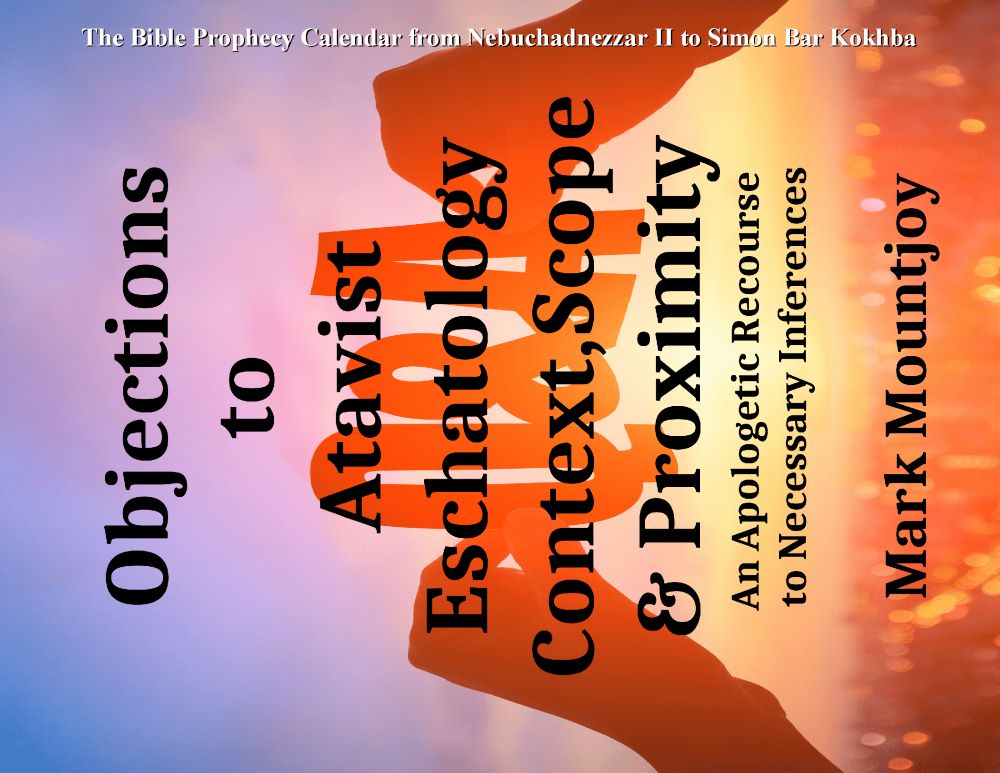 |
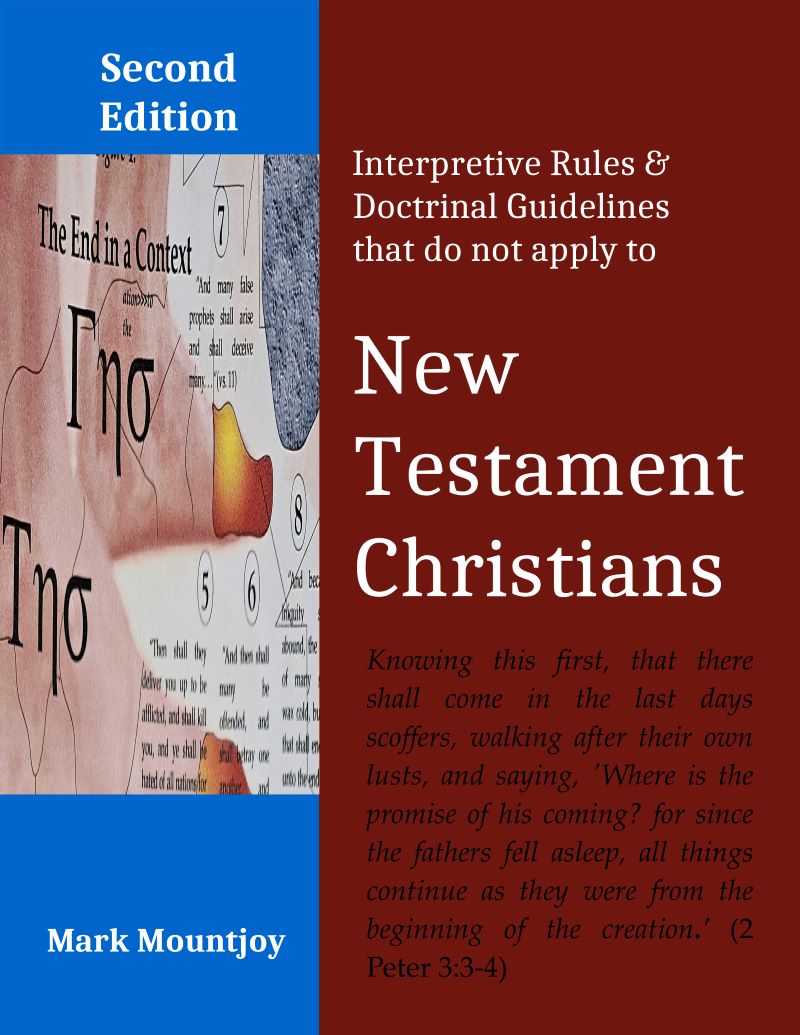 |
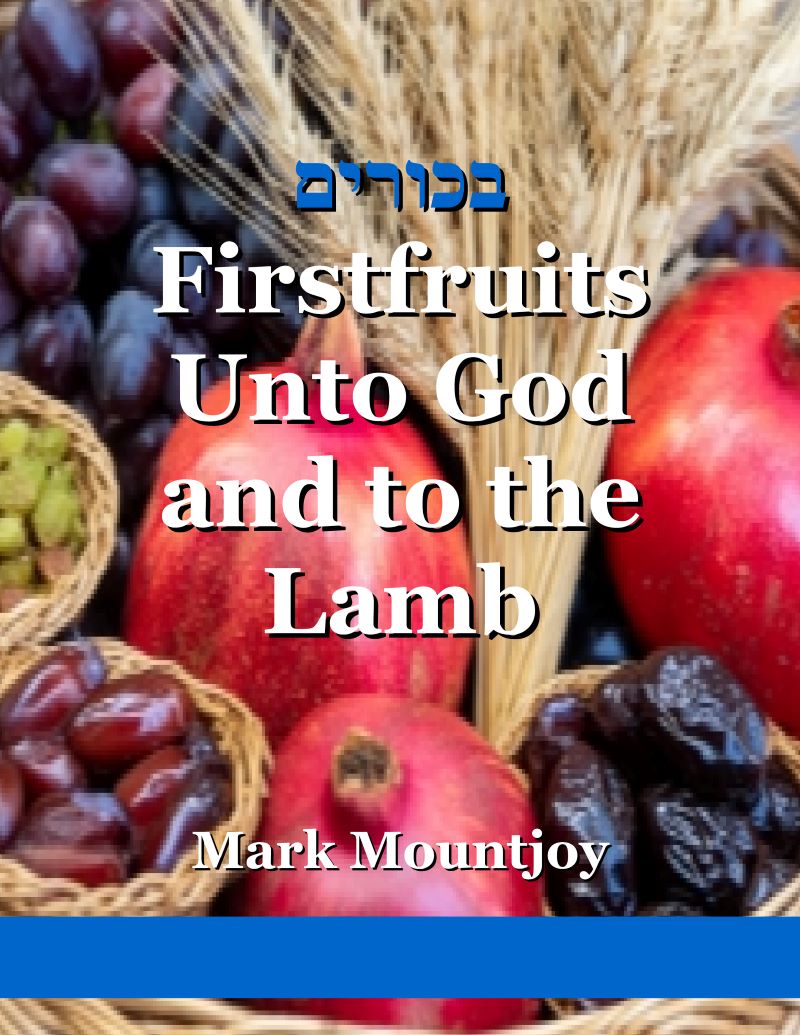 |
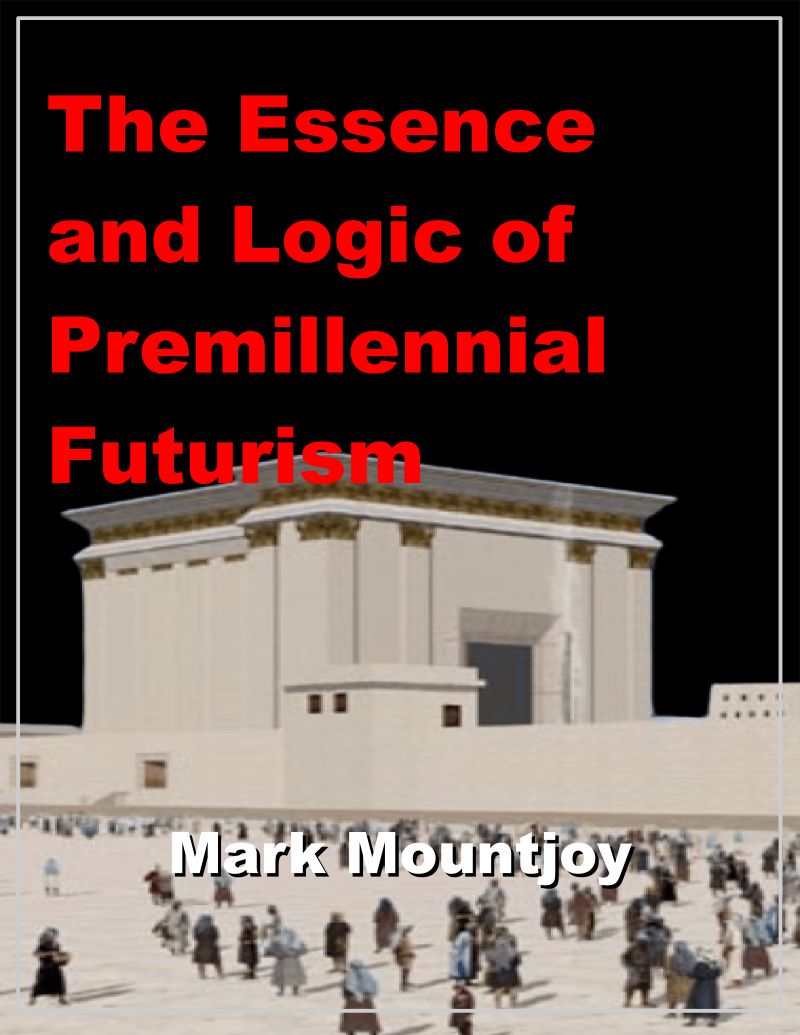 |
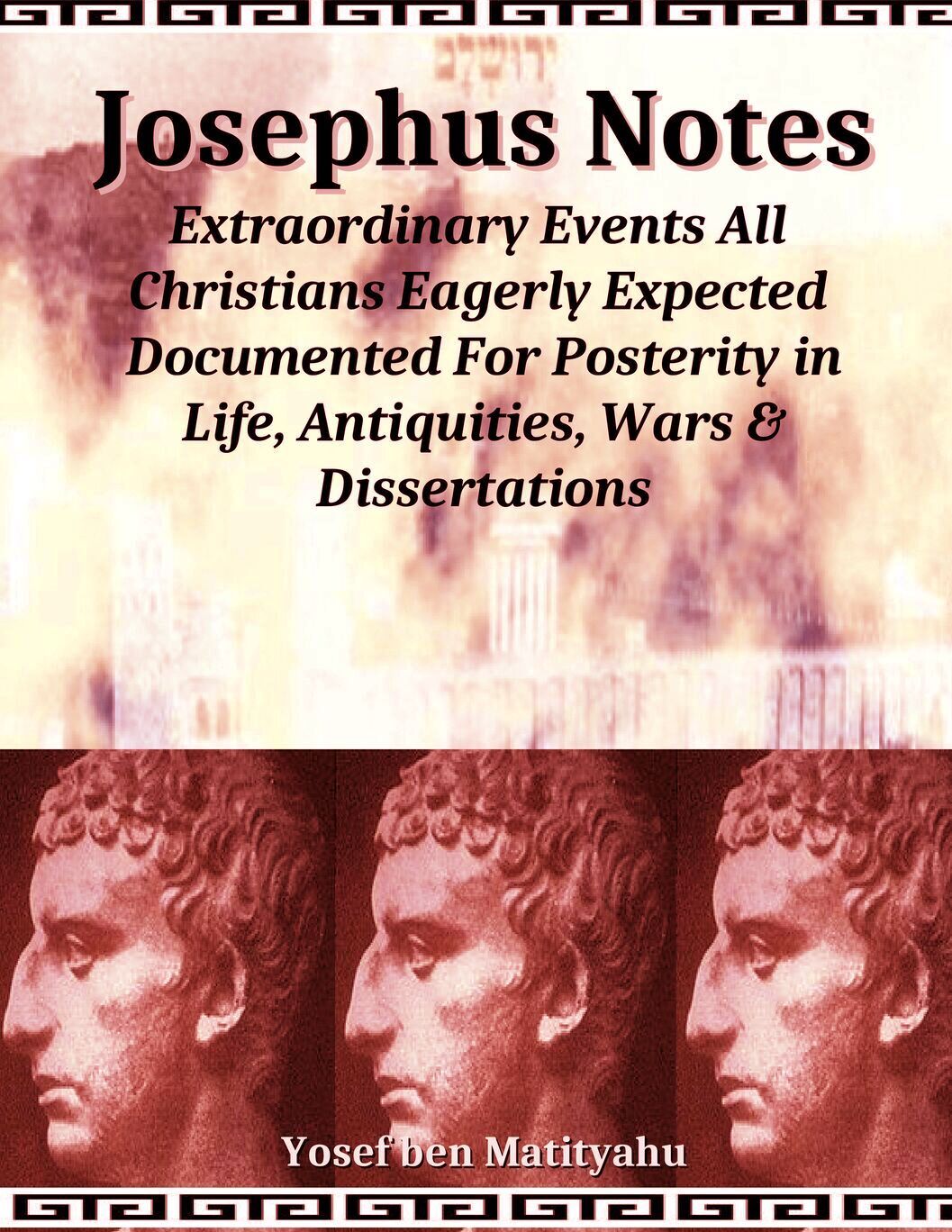 |

